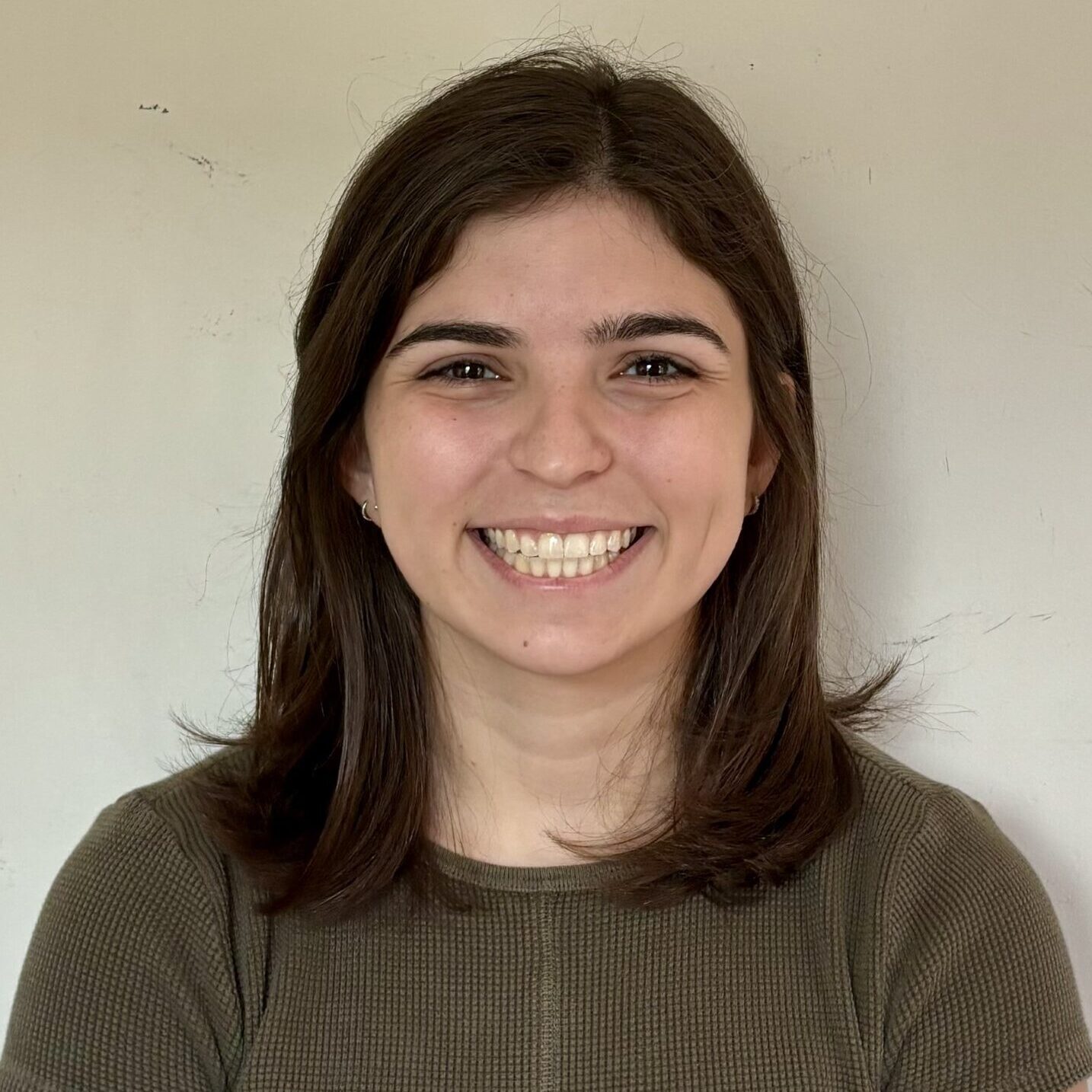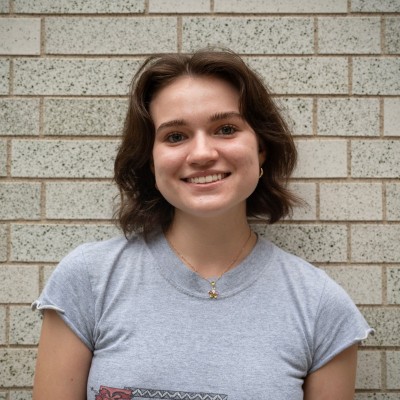THE INTERNET DEMOCRACY INITIATIVE
Affiliates & Staff
The Internet Democracy Initiative is powered by experts in fields spanning from Cybersecurity and Privacy to Social Media and Misinformation.
Want to get in touch? Email Project Coordinator, Libby Phillips, at el.phillips@northeastern.edu

Silvio Amir
College: Khoury College of Computer Sciences
Email: s.amir@northeastern.edu
Summary: Silvio Amir studies natural language processing, machine learning, and information retrieval, with a focus on subjective or personalized information, such as the use of machine learning in gauging public opinion. He is working to develop artificial intelligence models that serve to empower rather than replace human workers (Human-centered AI) as well as artificial intelligence to solve humanitarian challenges.

Brian Ball
College: New College of Humanities, London
Department: Philosophy
Email: brian.ball@nchlondon.ac.uk
Summary: Brian Ball’s research focuses on the nature of assertion, beliefs and knowledge, including the justifications for one’s epistemology. Most recently, he has published papers on the nature of language creation, and the state of misinformation. More specifically, he researched the impact of fake news in undermining the transmission of knowledge via journalism, and the undermining of democratic decision making under misinformation.

Rahul Bhargava
College: College of Art, Media, and Design
Email: r.bhargava@northeastern.edu
Summary: Rahul Bhargava uses data storytelling and technology to support social justice and community empowerment. Using his research on data literacy, Bhargava designs data-centric visualizations to educate communities on a wide range of topics. His most recent project focuses on integrating data feminism into K-12 education.

Yakov Bart
College: D’Amore-McKim School of Business
Email: y.bart@northeastern.edu
Summary: Yakov Bart is the founder of the DATA (Digital, Analytics, Technology, and Automation) initiative, which researches and assists businesses in the transition to online transactions . His most recent research focuses on the use of technology to track and market to consumers, including the factors that influence consumer trust in being tracked.
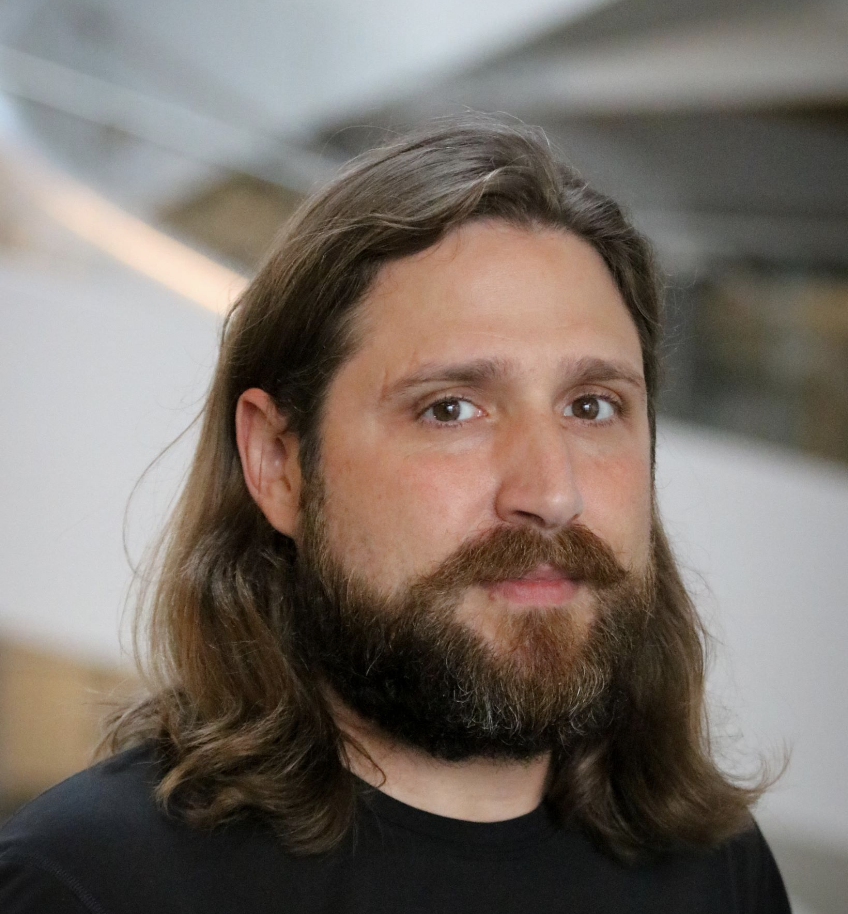
John Basl
College: College of Social Sciences and Humanities
Department: Philosophy
Email: j.basl@northeastern.edu
Summary: John Basl’s work focuses primarily on the ethics of artificial intelligence and emerging technologies. His most recent works focus on conscious artificial intelligence agents, and attempt to determine what could make AI conscious and how societies could determine the rights of conscious AI.

Nicholas Beauchamp
College: College of Social Sciences and Humanities
Department: Political Science
Email: n.beauchamp@northeastern.edu
Summary: Nick Beauchamp is a core faculty member of the Network Science Institute and the NULab for Digital Humanities and Computational Social Science. Recent work has included: using Twitter data to model deliberation and to predict political polls; tracing hate language evolution in individuals online; modeling presidential debates; using neural networks to predict votes from bill text; designing machine-human collaborations to forecast world events; and algorithmically generated persuasive text. He is currently working on a larger series of projects that model political deliberation as the strategic exchange of ideas drawn from complex mental networks of interlinked beliefs. More information about his work can be found at nickbeauchamp.com.
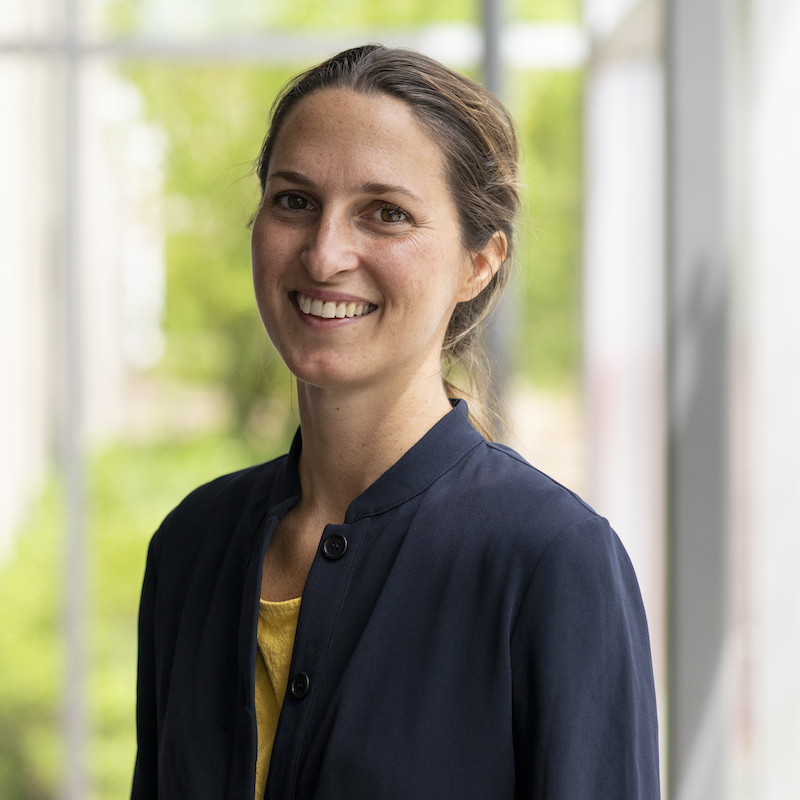
Elettra Bietti
College: School of Law
Email: e.bietti@northeastern.edu
Summary: Elettra Bietti’s research focuses on tech law, antitrust and how they overlap in the platform economy. Her most recent work focuses on regulating and limiting the power of the attention economy. Outside of Northeastern, Bietti is a Faculty Associate at the Berkman Klein Center for Internet and Society at Harvard University and an Affiliated Fellow at Yale Law School’s Information Society Project (ISP).

David Choffnes
College: Khoury College of Computer Sciences
Email: choffnes@css.neu.edu
Summary: David Choffnes’s work focuses on combining engineering and science to improve the performance, reliability, and security of internet systems. His work with the ReCon project improves user security by identifying and mitigating personal information leaks, and showed that Android poses a unique threat to personal security by allowing third-party libraries to capture screen contents. He is the executive director of the Cybersecurity and Privacy Institute, which aims to enhance digital security through collaborations between researchers and businesses.

Myojung Chung
College: College of Arts, Media and Design
Email: m.chung@northeastern.edu
Summary: Myojung Chung’s work focuses on the intersection of digital media, mis- and disinformation, and policy making, specifically in understanding the spread and consequences of mis/disinformation. Her most recent research focuses on the behaviors that inspire trust in and use of ChatGPT.

Pedro Cruz
College: College of Arts, Media and Design
Email: p.cruz@northeastern.edu
Summary: Pedro Cruz creates data and information visualizations. Using nature-inspired metaphors, Cruz has visualized trends in temperature changes over the last hundred years, immigration in the United States and interracial families in the United States.

Laura Edelson
College: Khoury College of Computer Sciences
Email: l.edelson@northeastern.edu
Summary: Laura Edelson’s work involves developing tools to identify false content on social media platforms. While pursuing her PhD, she was a member of the Cybersecurity for Democracy group at New York University, which aims to find weaknesses in websites that leave them vulnerable to misinformation.
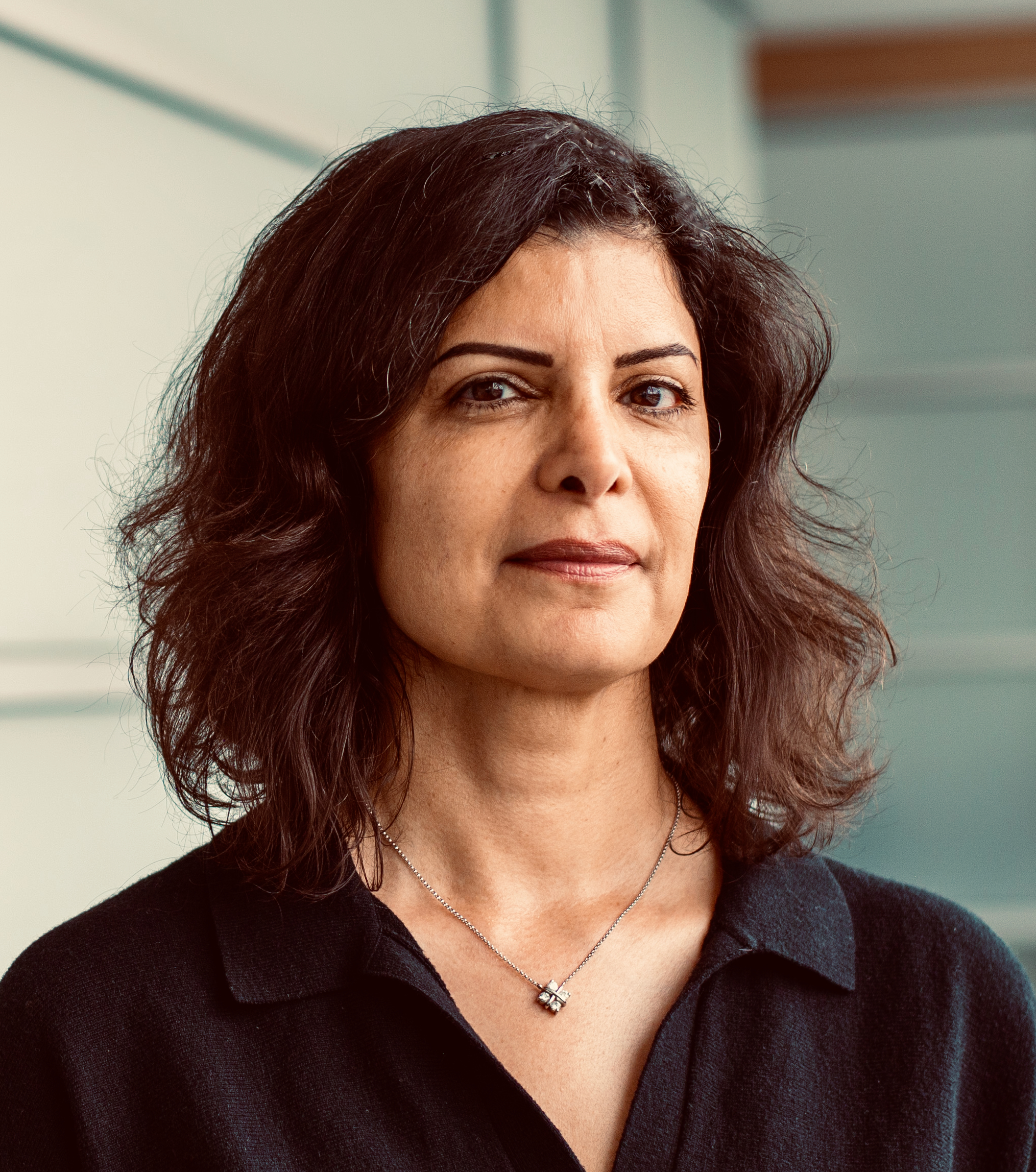
Tina Eliassi-Rad
College: Khoury College of Computer Sciences
Email: t.eliassi-rad@northeastern.edu
Summary: Tina Eliassi-Rad is the inaugural Joseph E. Aoun professor at Northeastern University. She is also a core faculty member at Northeastern’s Network Science Institute and the Institute for Experiential AI. In addition, she is an external faculty member at the Santa Fe Institute and the Vermont Complex Systems Center. Her research is at the intersection of data mining, machine learning, and network science. She has over 100 peer-reviewed publications (including a few best paper and best paper runner-up awards); and has given over 200 invited talks and 14 tutorials.

Nabeel Gillani
College: D’Amore-McKim School of Business and the College of Arts, Media and Design
Email: n.gillani@northeastern.edu
Summary: Nabeel Gillani is an Assistant Professor of Design and Data Analysis jointly appointed with the D’Amore-McKim School of Business and the College of Arts, Media and Design at Northeastern University. His research interests involve using tools from computation and design to foster pluralism in ways that promote educational, economic, and social inclusion. He seeks to apply methods from machine learning, data science, and design to build bridges across segregated spaces. Read more about his research on his group’s webpage: pluralconnections.org.
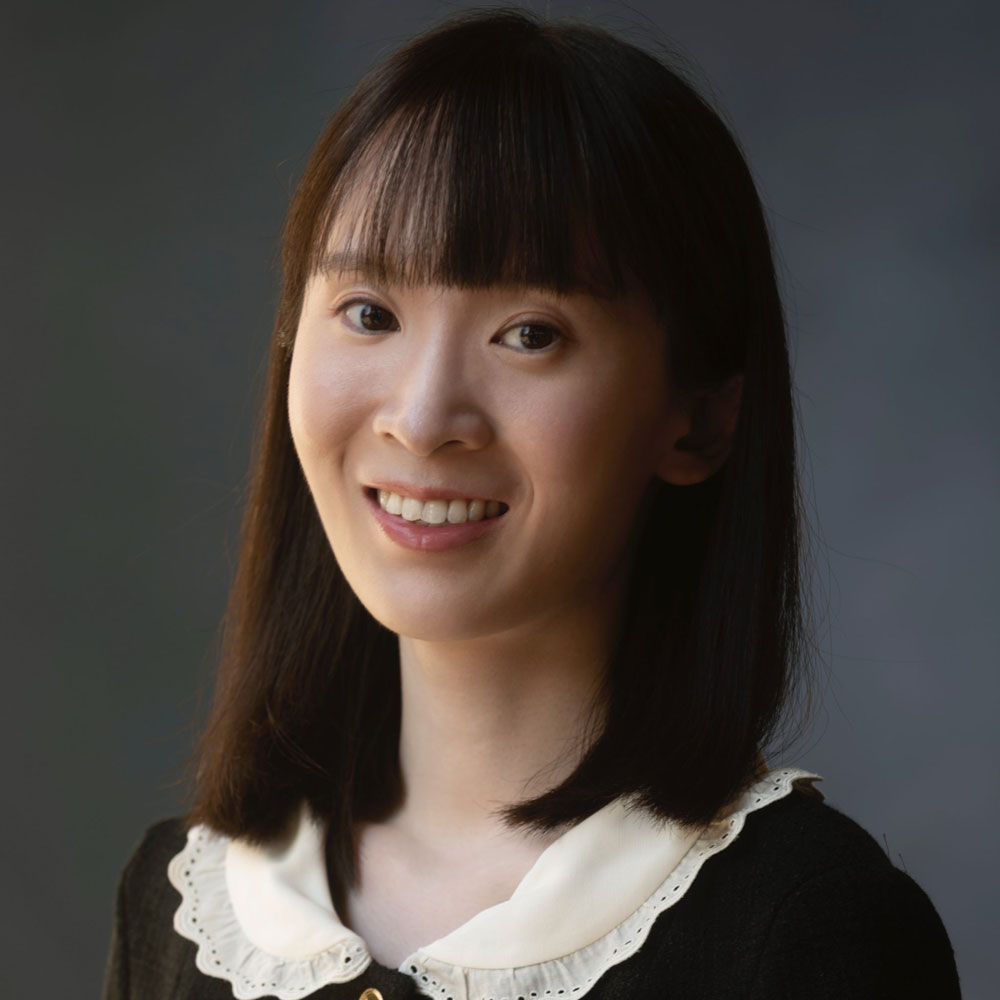
Chenyan Jia
College: College of Art, Media, and Design and Khoury College of Computer Science
Email: c.jia@northeastern.edu
Summary: Chenyan Jia’s research focuses on the intersection between politics and algorithmic tools. Her most recent work investigates whether AI ranking algorithms can be restructured to consider the values of democracy in their decision making processes.

Katherine Haenschen
College: College of Art, Media, and Design
Department: Communication Studies and Political Science
Email: k.haenschen@northeastern.edu
Summary: Katherine Haenschen’s research focuses on effective digital communications for voter turnout and online political behavior. Her most recent works explore the factors that make an account more likely to like misinformation pages on Facebook and examine the most prevalent analytical methods in measuring digital politics.

Meg Heckman
College: College of Art, Media, and Design
Department: Journalism
Email: m.heckman@northeastern.edu
Summary: Meg Heckman’s research centers around the evolution of journalism with a focus on the ways women have played a role in the creation of news, as well as digital news production. Her most recent work explores the capacity of ChatGPT to measure gender representation in university-based news organizations.

David Lazer
College: College of Social Sciences and Humanities
Email: d.lazer@northeastern.edu
Summary: David Lazer’s research interests are in misinformation and computational social science. Most recently, he worked with the COVID States Project, a research group focused on the social implications of the COVID-19 pandemic, including vaccine hesitancy, mental health, and political perceptions throughout the pandemic.

Hong Qu
Department: Network Science
Email: qu.ho@northeastern.edu
Summary: Hong Qu’s research focuses on the impact of misinformation networks and online civil engagement in shaping public opinion and behavior towards science and technology. He is a 3rd year PHD student in the network science department, and has previously worked on the Lazer Lab’s COVID States Project

Jason Radford
Department: Network Science
Email: j.radford@northeastern.edu
Summary: Jason Radford is a principal researcher for the Social Design Lab, a research facility that attempts to develop real-world strategies for tackling societal issues through social science. His most recent work focuses on the use of social theory in training machine learning models for social science research.

Hilary Robinson
College: School of Law
Email: hi.robinson@northeastern.edu
Summary: Hilary Robinson is currently working on a team aimed at developing comprehensive platform optimization. The goal of the project is to maximize profits for platform owners while allowing for stronger regulation by the federal government and better working conditions and pay for workers.
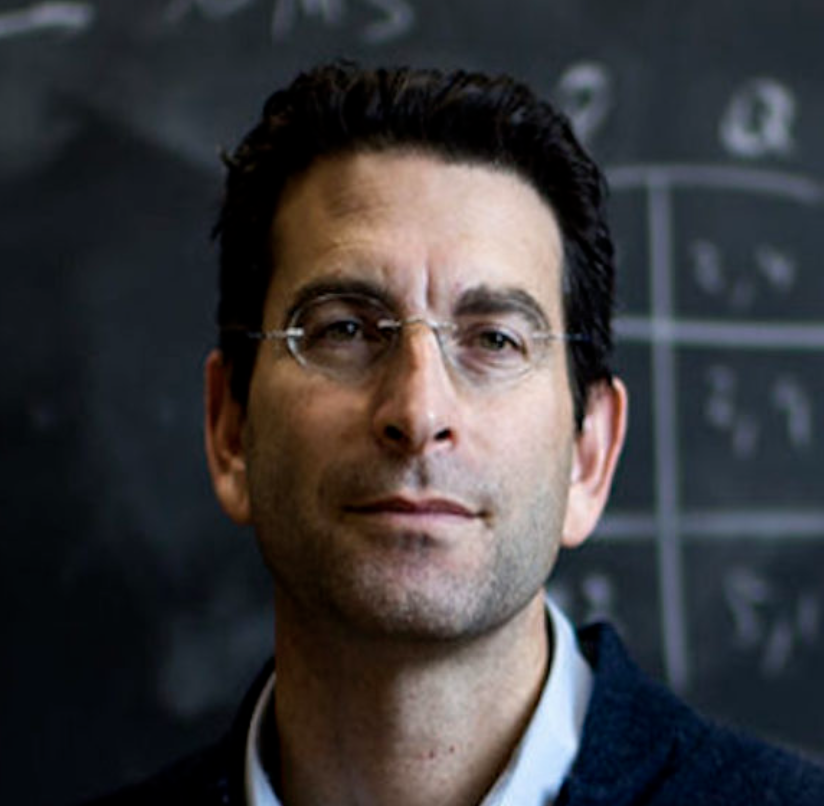
Ronald Sandler
College: College of Social Sciences and Humanities
Department: Philosophy
Email: r.sandler@northeastern.edu
Summary: Ronald Sandler is the director of the Ethics Institute, which addresses the ethics behind social and environmental issues. His research interests include conservation ethics and the ethics of emerging technologies, such as algorithmic ethics.

Piotr Sapieżyński
College: Khoury College of Computer Science
Email: p.sapiezynski@northeastern.edu
Summary: Piotr Sapiezynski’s work focuses on auditing platforms and their algorithms for security, privacy and human autonomy. His most recent work has focused on targeted advertising algorithms on Facebook.
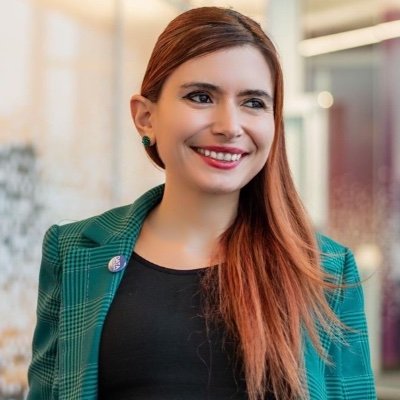
Saiph Savage
College: Khoury College of Computer Sciences
Email: s.savage@northeastern.edu
Summary: Saiph Savage is the director of the Civic A.I. Lab, a research center focused on creating artificially intelligent, human-centered solutions to real world problems. Her research focuses on creating technology to organize for civil change, such as misinformation detection and increasing job access for rural and gig workers.

David Smith
College: Khoury College of Computer Sciences
Email: david.smith@northeastern.edu
Summary: David Smith’s research focuses on modeling natural language structures and tracking mutations in texts across space and time through social media. He is also a member of the NULab for Texts, Maps, and Networks, which combines computer science and humanities to track cultural phenomena through computer science.
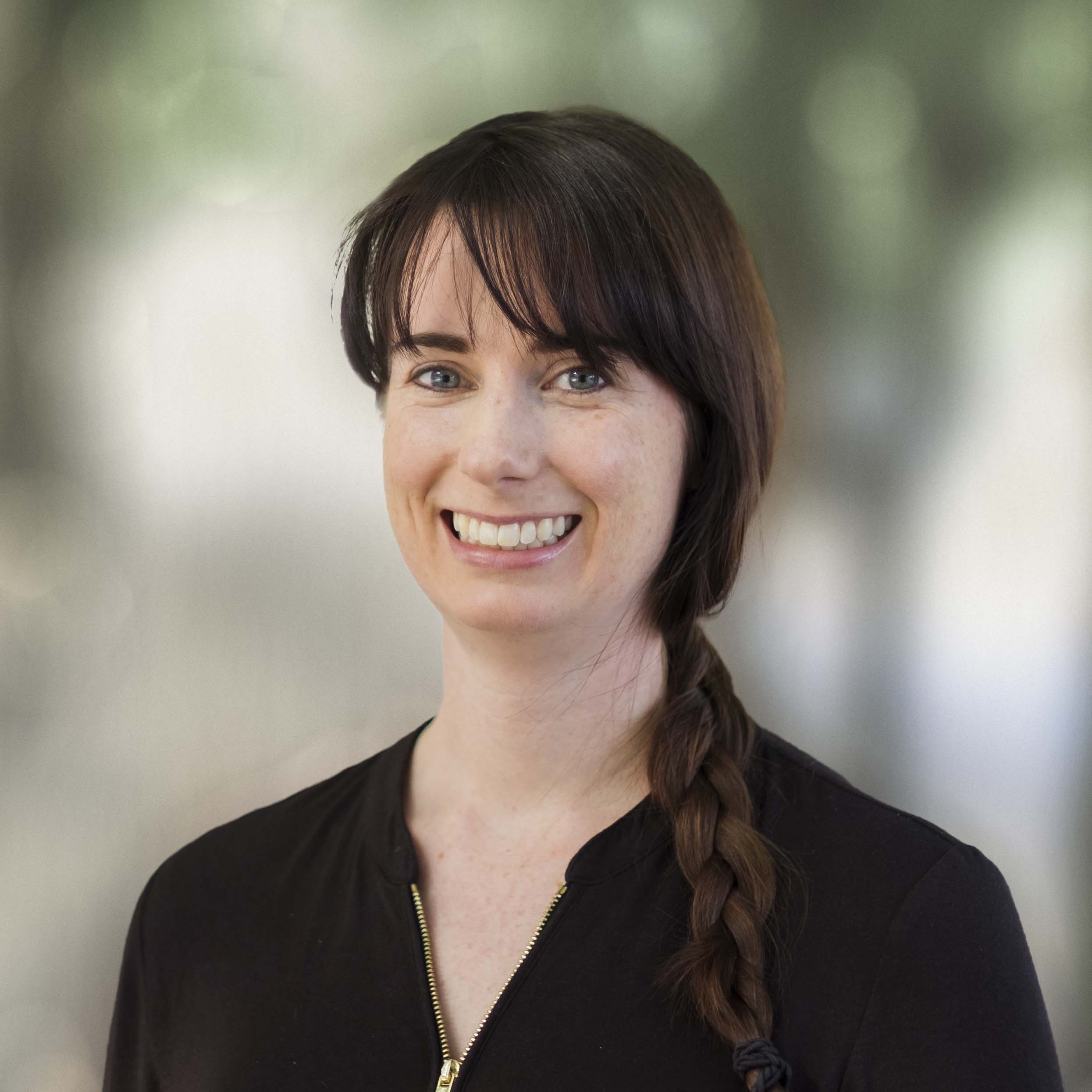
Briony Swire-Thompson
College: College of Social Sciences and Humanities
Department: Psychology
Email: b.swire-thompson@northeastern.edu
Summary: Briony Swire-Thompson is the director of the Psychology of Misinformation Lab. Her work investigates the driving factors behind beliefs in inaccurate information, as well as why some individuals are predisposed to not change misconceptions even when confronted with corrective information.

Rebekah Tromble
Senior Affiliate Fellow
University: George Washington University
Summary: Rebekah Tromble is the director of the Institute for Data, Democracy and Politics at George Washington University, which aims to generate policy solutions to digital technology, media and democracy issues. Her research focuses on political communication, digital research methodology, and research ethics.

Brooke Foucault Welles
College of Art, Media, and Design
Department: Communication Studies and Network Science
Email: b.welles@northeastern.edu
Summary: Brooke Welles is the director of the Communication Media and Marginalization (CoMM) Lab, which aims to understand why marginalization happens through the lens of communication technologies. Her most recent research focuses on the amplification of marginalized groups in social change narratives through social media (“hashtag activism”), specifically on Twitter.

John Wihbey
College: College of Arts, Media, and Design
Department: Media Innovation and Technology
Email: j.wihbey@northeastern.edu
Summary: John Wihbey’s research focuses on the intersection of news and social media, emerging media technologies, computational journalism and visualization, and misinformation and media literacy. He is the lead investigator for the Ethics of Content Moderation Project, which is exploring misinformation and governance on social media.

Christo Wilson
College: Khoury College of Computer Sciences
Email: c.wilson@northeastern.edu
Summary: Christo Wilson’s work focuses on investigating algorithms to determine how fair or transparent they are. Most recently, he investigated partisan bias within the Google search algorithm. He is a member of the Algorithm Auditing Research Group.

Kai-Cheng Yang
College: Khoury College of Computer Science
Email: yang3kc@gmail.com
Summary: Kai-Cheng Yang is a postdoctoral researcher studying deception via generative AI. His most recent works have focused on the effectiveness of artificial intelligence in fact-checking measures, utilizing artificial intelligence to determine credibility of new outlets, and the prevalence of AI bots on Twitter
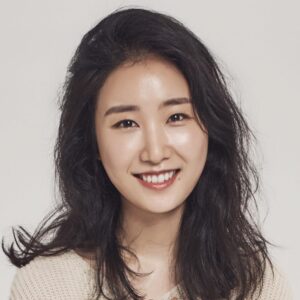
Seo Eun Yang
College: College of Arts, Media, and Design
Department: Political Science and Communication Studies
Email: se.yang@northeastern.edu
Summary: Seo Eun Yang’s work focuses on hypergraph-based learning models with multimedia datasets. Using language processing and computer visualizations, she researches the impact of media representation on minority groups. Her latest research project investigated the effectiveness of visual communication in political contexts on Instagram.






